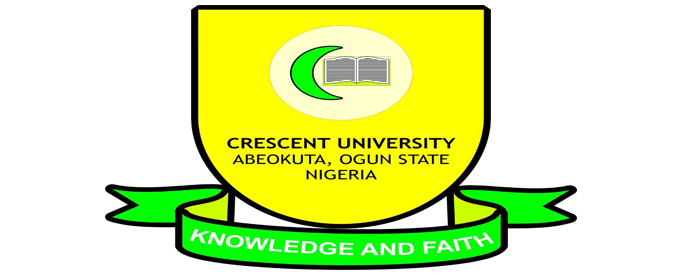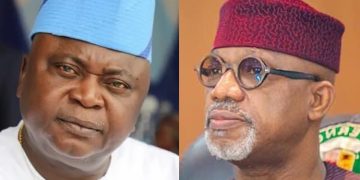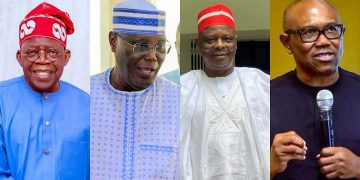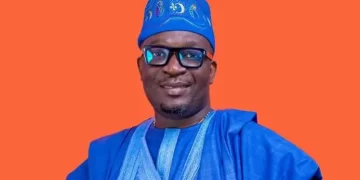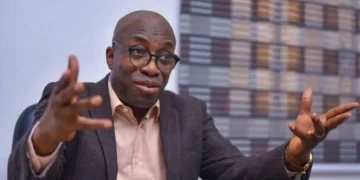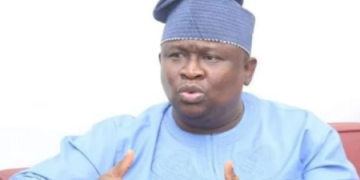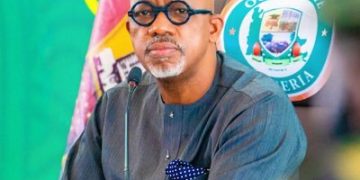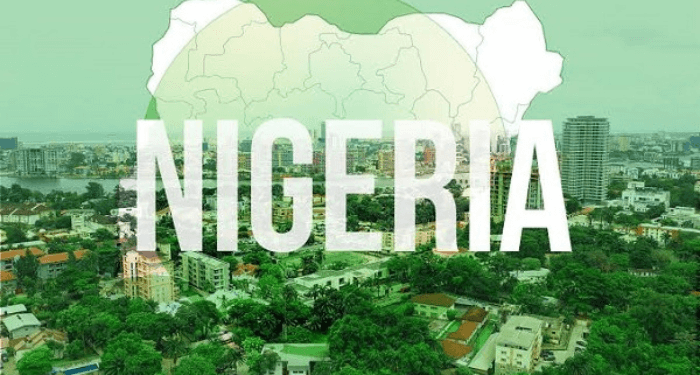_ Akinleye Agnes Funsho
The quote from Nelson Mandela “The youth of today are the leaders tomorrow”; is a popular saying in Nigeria but 61 years after the country’s independence, the set of leaders who served the country then are being recycled back into the system. The old brigades are not ready to leave the centre stage instead they subjected the youths to instruments of actualising their political power ambitions rather than grooming the younger ones.
Nigeria was built and expanded by the youths who were determined to build a formidable and united country. A review of the first public and the military era shows that all the leaders who led the country or hijacked power, including Kaduna Chukwuma Nzeogwu, Yakubu Gowon, Olusegun Obasanjo, and Murtala Mohammed comprised youths in their 20s and 30s. Same with the pre-colonial period and the colonial era which had young Nigerians, the likes of Herbert Macaulay organised and lead the movement against colonial rule. They created political associations which later transformed into political parties while including personalities like Nnamdi Azikiwe, Obafemi Awolowo, and Samuel Ladoke Akintola.
The frontline roles of the youth began to decline at the beginning of the Second Republic in 1979. Soon, the youth were reduced to agents of destabilisation in the hands of political elites who deployed them as thugs, especially during elections. With the growing populations, social inequality and high rate of unemployment in various regions of the country, more youths resorted to indecent behaviour, littering the streets as Yan Daba, area boys, agbero, etc.
Presently, the youngest governor in Nigeria is Alhaji Yahaya Bello of Kogi state, who is forty-seven years of age. While the oldest political office holder in the country is President Muhamadu Buhari who is seventy-nine years old. He was democratically elected into power for the second time as the President of the Federal Republic of Nigeria in 2019 despite having held various leadership positions during his youth including the military head of state. In reference to a report published by Opera Mini News in the year 2020, the average age of the current governors in Nigeria is fifty-eight years.
Yet again, Nigeria has been presented options with the same set of aged leaders that have been in power for decades by the leading political parties for the forthcoming 2023 presidential election in their just-concluded primary elections. The current APC Presidential Aspirant of the ruling party, Sen. Bola Ahmed Tinubu and his counterpart from PDP for Alhaji Atiku Abubakar are seventy and seventy-five years old respectively.
With a critical review of the leadership situation of the country here are the factors limiting youth participation in politics, ranging from Poverty/ economic difficulties created by an expanding population; Poor economic growth/ social inequality; Legal and political hindrances such as eligibility restriction and marginalisation. The age restrictions which stipulate 40 years as the requirement to vie for the presidential seat or senatorial positions, and 30 years for memberships to the federal and state Houses of Representatives, automatically disqualify everyone in the youth bracket of 18 to 35 years; Monetization and commercialisation of politics, political processes and eligibility.
With these ploys, a very large percentage of the youths are exhausted and incapable to run for political office while being compelled to bear the brunt of poor political decisions. The socio-political and economic circumstances of the Nigerian youth ignited the energies that produced the “Not Too Young To Run” (NTYTR) and #EndSARS movements. These movements have been attributed to the rising levels of dissatisfaction in leadership performance and limited youth representation in leadership positions coupled with the unapologetic oppression they face day by day from the security personnel who were meant to protect them instead they harm and swindle them. It was recorded that the youths organised and channelled their frustrations into social movements and protests to call for a change in the status quo which in turn got international attention and supports from different parts of the world.
Therefore, there is still hope for the Nigerian youth to take their place and rule the affairs of this nation. However, their destiny lies in their hands and for them to take their possession, they need to be more determined and resilient than ever before. They must be ready to take the appropriate actions not only twitting and campaigning for change but rather be the agent of change. They should see themselves as leaders and not as followers. The tomorrow is now therefore they must be fully committed to the political process in the country by not only getting their voters cards but also voting for a more visionary leader.
Youths with more experience and capacity should vie for political positions while ensuring they do not repeat the same mistake the previous leaders made while they were growing up. The current political model must be readjusted so it can be widely acceptable to all Nigerians and be the envy of other nations.
This is not to say the older leaders are outrightly not fit for any political posts in the country however for peace, stability and updated growth, there must be inclusion in all areas also the positive intention should not be found wanting. It’s no news that some leaders vie for various positions because they feel it’s their turn or their right to be the next leader. To elect a leader at any level, we must consider reasonable and highly experienced professionals who have achieved acknowledged strong habits of living and positive relationship principles. They must also believe in the absolute success of democracy and have the willingness to accept political defeat at any time that changes are ushered in regardless if they are young or old.
Unfortunately, some young Nigerian leaders are not fully equipped to survive the complicated political system of the country. Elected political leaders in Nigeria must commit to pursuing progressive manifestos for the nation after their elections. Elected leaders must renounce their greed and despicable corruption. They must become adept strategists who have acquired enough potential to manage and turn around the economy. Most especially, the social development issues that the well-being of citizens, economic recovery, the welfare of public employees, strong family cohesion, good education, health management, quality infrastructures, public investment, cohesive religions, and technological growth that can shun machinery and equipment for industrial activities must be approached with reasonable fortitude and strong measures.
